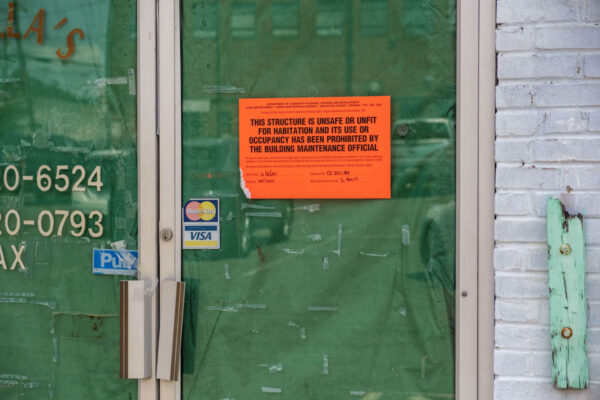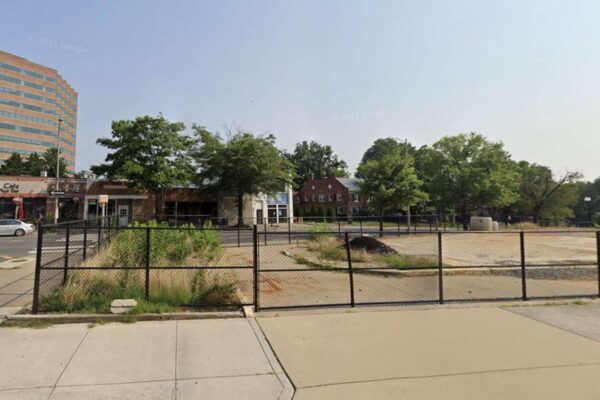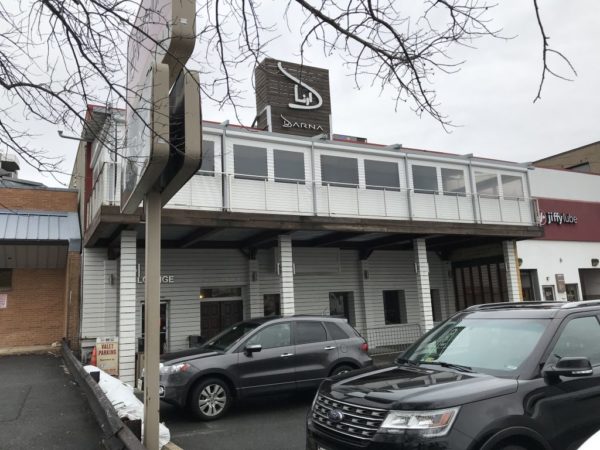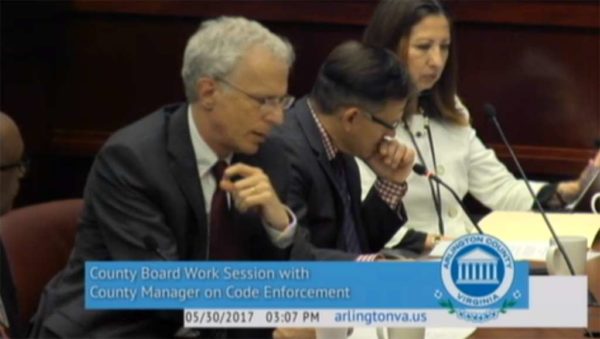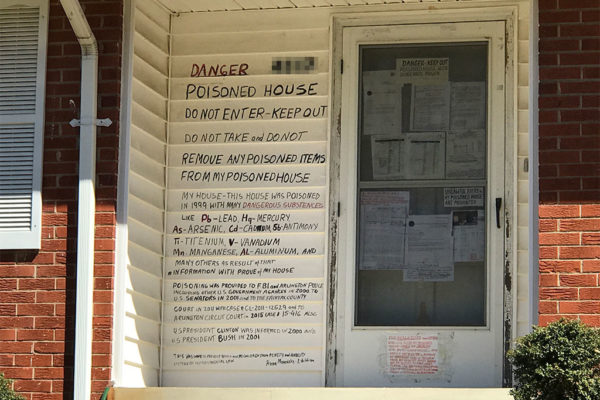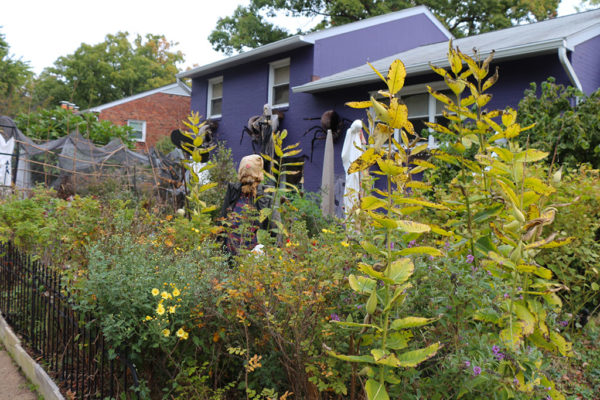Gardens with abundant native species could soon have an official definition in county code: “managed natural landscape.”
This definition would protect Arlingtonians who grow the kinds of native grasses, wildflowers and shrubs that make them prone to complaints from neighbors and visits from code enforcement.




